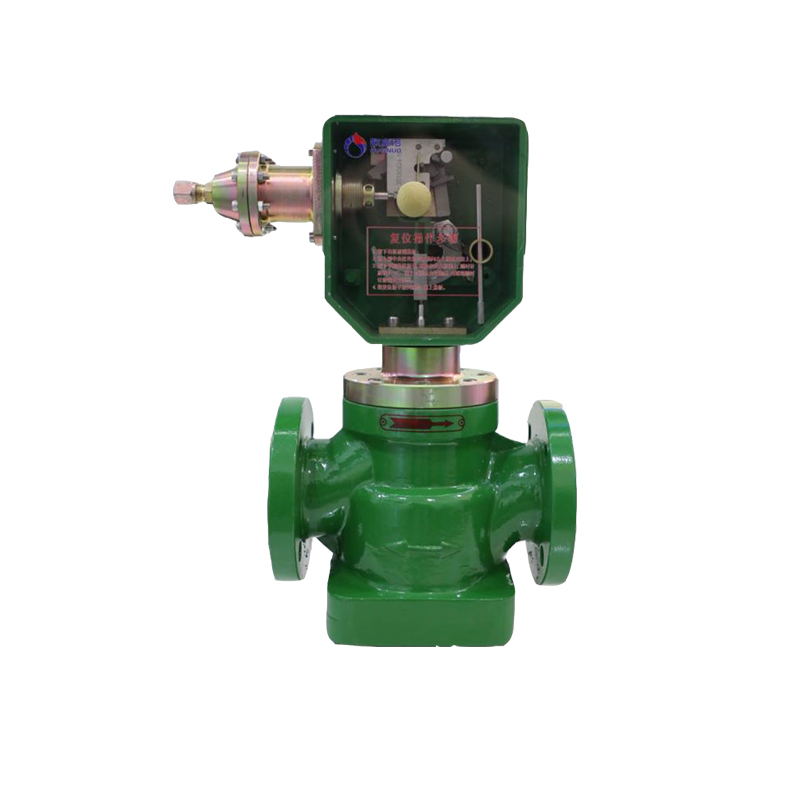
9 月 . 02, 2024 20:29
Back to list
pressure pipe
Understanding Pressure Pipes Importance, Applications, and Maintenance
Pressure pipes are crucial components in various industrial and municipal systems, designed to transport fluids under pressure safely and efficiently. These pipes are engineered to handle diverse applications, including water supply, wastewater management, and chemical processing, where maintaining a specific pressure level is crucial for optimal operation.
Importance of Pressure Pipes
The primary function of pressure pipes is to convey liquids and gases without leakage, even when subjected to high internal pressures. The material selection for these pipes is vital; common materials include PVC, ductile iron, steel, and HDPE (high-density polyethylene). Each material has distinct properties that make it suitable for particular applications. For instance, PVC is lightweight and resistant to corrosion, making it ideal for water supply systems, while steel pipes offer durability and strength for high-pressure gas transmission.
Applications of Pressure Pipes
Pressure pipes are widely used in various sectors
1. Water Supply Systems Municipal water supply systems rely on pressure pipes to deliver potable water to residential and commercial areas. High-pressure pipelines ensure that water reaches elevated areas and remote locations without compromising quality.
2. Wastewater Management In sewage systems, pressure pipes are essential for transporting wastewater from homes and industries to treatment facilities. They help maintain the flow and prevent backflow, which is critical for public health.
pressure pipe

3. Industrial Processes In industries such as oil and gas, chemicals, and food production, pressure pipes facilitate the transportation of raw materials and finished products. These pipes must withstand aggressive chemical environments and high temperatures, making material selection and regular maintenance paramount.
4. Fire Protection Systems Pressure pipes are integral to fire sprinkler systems, where they deliver water quickly to combat fires. The reliability of these pipes is crucial for ensuring the safety of buildings and their occupants.
Maintenance of Pressure Pipes
Proper maintenance of pressure pipes is vital to ensure their longevity and prevent catastrophic failures. Regular inspections can identify issues such as corrosion, leaks, and blockages. Techniques such as hydrostatic testing, ultrasonic testing, and visual inspections help assess the condition of the pipes.
Additionally, it's essential to adhere to standards and regulations set by organizations such as the American Water Works Association (AWWA) and the American Society for Testing and Materials (ASTM) to ensure safety and reliability. Routine cleaning and monitoring of pressure levels can also help prevent failures and extend the service life of the pipes.
Conclusion
Pressure pipes play a fundamental role in modern infrastructure, ensuring the safe and efficient transport of various fluids. Understanding their significance, applications, and maintenance practices is crucial for engineers, operators, and maintenance personnel in safeguarding public health and supporting industrial operations. As technology advances, the materials and methods for pressure pipe systems will continue to evolve, enhancing their performance and reliability even further.
Latest news
-
Unlocking The Quality Gas Pressure ReducersNewsNov.01,2024
-
The Role of Gas Pressure Reducing StationsNewsNov.01,2024
-
The Importance and Functionality of Safety Relief ValvesNewsNov.01,2024
-
The Essential Role of Safety Valves in Natural Gas ApplicationsNewsNov.01,2024
-
The Essential Role of Gas Pressure RegulatorsNewsNov.01,2024
-
Enhance Your Premium Gas FiltersNewsNov.01,2024

